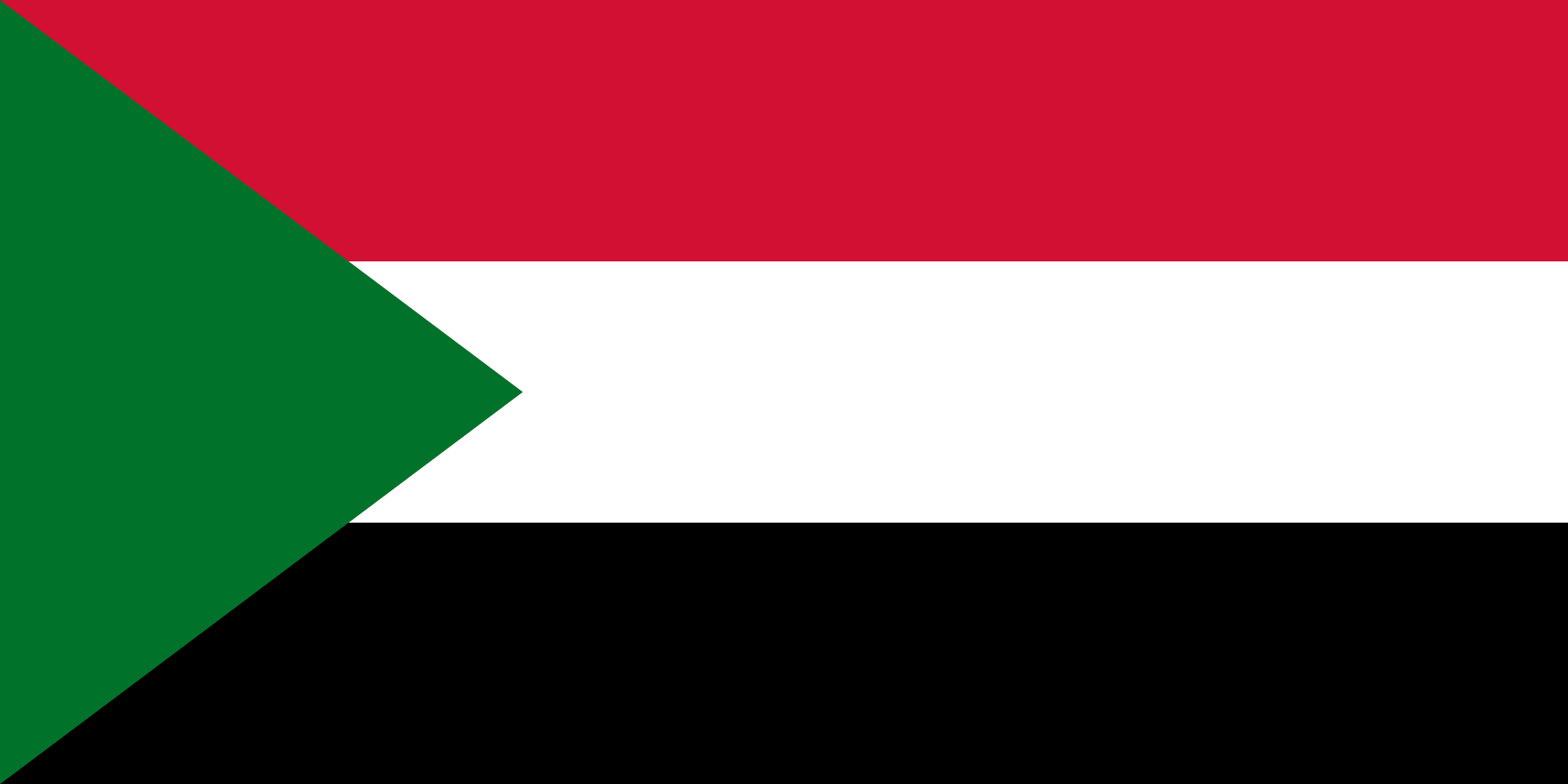The UN Human Rights Council’s adoption of a resolution on Sudan is a milestone for accountability in the country. For the Sudanese people, and for all victims and survivors of human rights violations, it is the first ray of hope in six months of a deadly war. DefendDefenders welcomes the Council’s decision to establish an international independent fact-finding mission (FFM) for Sudan today and calls on all African and international actors to prioritise justice and the fight against impunity.
“Today’s resolution is a reversal of the message that has prevailed so far – that those who inflict this misery on the Sudanese people will not be held accountable for their actions,” said Hassan Shire, Executive Director, DefendDefenders. “For all Sudanese, it is a message of solidarity and hope.”
Six months after fighting broke out, on 15 April 2023, the situation in Sudan is nothing short of a disaster. Mediation initiatives have failed to produce a sustainable ceasefire or create safe humanitarian corridors. The conflict shows no sign of abating. Reports of violence, including sexual and gender-based violence, as well as interethnic violence, especially in West Darfur, multiply. This interethnic dimension is reminiscent of the crimes committed twenty years ago, which led the United Nations (UN) Security Council to refer the situation in Darfur to the International Criminal Court (ICC).
All parties to the conflict, namely the Sudanese Armed Forces (SAF) and the Rapid Support Forces (RSF) and their allies, have committed violations of international law. Millions are in need of humanitarian assistance and facing acute food insecurity and shortages of basic goods and services.
The resolution adopted today was put forward by a group of four states (United Kingdom, USA, Norway, and Germany). As an independent investigative mechanism, the FFM is designed to send warring parties the message that they will be scrutinised and face consequences for their abuses. In line with the asks outlined by 120 civil society organisations, the mandate of the FFM will include investigation of violations and abuses committed in Sudan, collection and preservation of evidence, and identification of those responsible.
“One can look at today’s outcome as a victory of principles over politics, but one can also see the creation of the Sudan FFM as both principled and strategic,” said Nicolas Agostini, Representative to the UN for DefendDefenders. “For without accountability, Sudanese parties will continue to use violence to advance their interests. Fighting impunity goes hand in hand with efforts to silence the guns.”
The special session the Council held, on 11 May 2023, was a step in the right direction and broke the international community’s deadlock on Sudan. It fell short, however, of what was needed to make accountability central to conflict resolution efforts. It also fell short of civil society expectations, expressed in an initial letter released a few days after the outbreak of war.
In the call they reiterated in September 2023, civil society organisations emphasised that an independent mechanism for Sudan should be provided “with all the […] support and personnel necessary to enable it to carry out its mandate, in particular in the areas of fact-finding, legal analysis, translation and interpretation, and evidence-collection and preservation,” including regarding sexual violence and forensic expertise. They added that the mechanism should “integrate a gender perspective and a survivor-centred approach throughout its work.”
The resolution adopted today responds to civil society demands, although it refrains from directly condemning abuses committed in the last 30 years or recommending the suspension of Sudan’s membership rights in the Human Rights Council. 19 states voted in favour of the initiative and only 16 voted against, including Sudan itself, China, Cuba, Pakistan, and the United Arab Emirates. The latter, as well as Saudi Arabia (which is not currently a member of the Human Rights Council), heavily lobbied states, in particular within the Arab League and Africa Group, to vote against the initiative and oppose accountability efforts.
The Human Rights Council, the UN’s top human rights body, is holding its 54th regular session (HRC54) from 11 September to 13 October 2023. It can also hold special (emergency) sessions, as it did on 11 May 2023. The Council will meet again for its 55th regular session in February-March 2024, during which it will consider a written report by the High Commissioner on Sudan. During its 56th session (June-July 2024), the Council will hear an oral update from the new FFM. At its 57th session (September-October 2024), it will consider a comprehensive written report by the FFM.
For more information, please contact:
Estella Kabachwezi
Advocacy, Research and Communications Manager, DefendDefenders
[email protected] or +256 782 360 460 (English)
Nicolas Agostini
Representative to the United Nations for DefendDefenders
[email protected] or +41 79 813 49 91 (English and French)
Arabic version (PDF) / اَلْعَرَبِيَّةُ.

